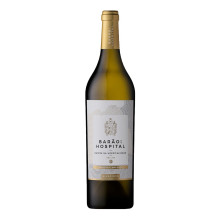

Required cookies: These cookies are necessary for proper navigation of our website and ensure that content loads efficiently, allowing correct use of the different options or services available, such as the checkout process.
Analytics cookies: They generate a user ID that counts how many times a visitor returns to the site, record the first and last visit, determine when a session ends and identify the traffic source. They are also used for remarketing, event tracking and logging user actions.
Marketing cookies: They contain a unique randomly generated value that allows the platform to distinguish browsers and devices. This information is used to measure ad performance and provide product recommendations based on statistical data.
ad_user_data: Used to determine whether the user grants consent for Google advertising purposes. It is set to “granted” when the user actively agrees, via the consent-banner interaction, that their data may be shared with Google.
ad_personalization: Controls whether data can be used to personalise ads (e.g. for remarketing). It can only be set to “granted” when users explicitly agree—via the consent banner—that their data may be shared with Google for ad personalisation.


Pequenos Rebentos O Príncipe e o Bandido Pet Nat Rosé Wine
In this “short story” co-authored by Décio Salgado, the Prince is Alvarinho and the Bandit is Vinhão. Pét Nat is a sparkling wine produced using the ancestral method and without the addition of sulfur. Fermentation ends in the bottle, leaving the fine lees in contact with the wine, without further filtering. Gasification is the result of fermentation.
Pequenos Rebentos is the project of producer and oenologist Marcio Lopes, in the Vinho Verde region





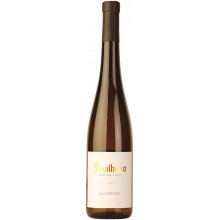
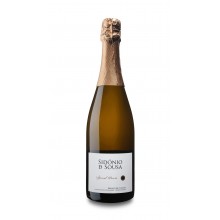
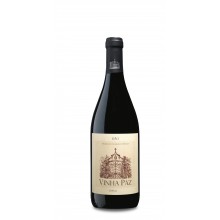

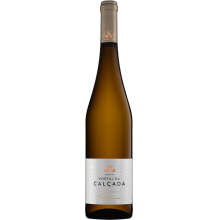

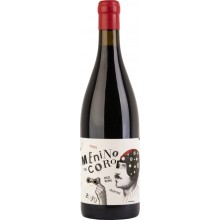
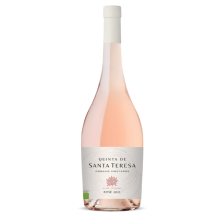




Pequenos Rebentos O Príncipe e o Bandido Pet Nat Rosé Wine
In this “short story” co-authored by Décio Salgado, the Prince is Alvarinho and the Bandit is Vinhão. Pét Nat is a sparkling wine produced using the ancestral method and without the addition of sulfur. Fermentation ends in the bottle, leaving the fine lees in contact with the wine, without further filtering. Gasification is the result of fermentation.


